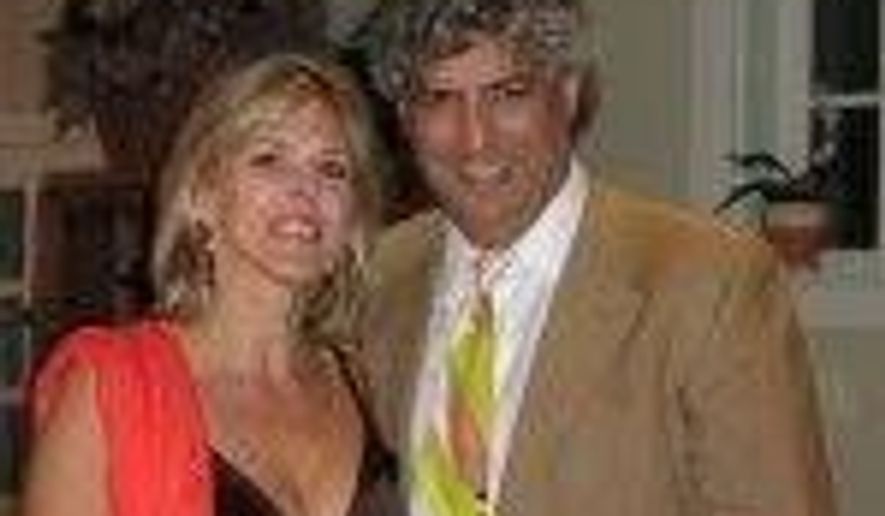Baltimore couple Kathy Abbott and Gary Pushkin were unaware of the potential risk of their recent trip to kosher supermarkets in Pikesville, Maryland.
On the Sunday before Passover, they purchased matzo, chocolate and other goods at two stores in Pikesville’s Jewish community, only to discover three days later they might have been exposed to measles.
Raised in Europe in the 1960s, Ms. Abbott didn’t know if she ever received the measles vaccine as a child — and the uncertainty made her and her husband anxious.
“I wasn’t sure if I was ever inoculated for it because I was living in Europe, and I had gotten the mumps,” Ms. Abbott said.
Five cases of measles have been confirmed in Maryland, confined to small areas in Pikesville and Baltimore. Those cases contribute to the 880 measles infections reported in 24 states this year, the Centers for Disease Control and Prevention announced Monday.
The sometimes deadly, highly contagious virus was eliminated in the United States in 2000, but it has seen a resurgence in recent years. This year’s tally marks the most U.S. measles infections since 1994, an increase driven by people refusing to get the vaccine due to religious or personal reasons.
The largest outbreaks have occurred in unvaccinated, mostly Orthodox Jewish communities in New York, where health officials and elected leaders have ordered children to take the vaccine and restricted unvaccinated children’s access to public schools.
In Maryland, the state Department of Health has warned of possible measles exposure in Pikesville on April 17 at Market Maven between 11:45 a.m. and 2:30 p.m. and at Seven Mile Market between 12:45 p.m. to 3:15 p.m., the times and places Ms. Abbott had shopped with her husband, Dr. Pushkin, an orthopedic surgeon.
“I think people are being very shortsighted and selfish because they are impacting other people around them who either have not gotten vaccines because they are too young to get them or haven’t gotten them for any medical reasons,” Ms. Abbott said.
In advocating vaccinations, Dr. Pushkin noted a new Maryland State Medical Society (MedChi) resolution to create a “system to report children who have not been immunized prior to enrollment into a preschool or school, public or private, to the Maryland Department of Health.”
He said this information would give communities a better idea of their vaccination rates, noting the potential lack of data for homeschooled children.
Russel Kujan, executive director of the Baltimore County Medical Association, said the MedChi resolution provides the “missing piece of the puzzle” to help health officials to identify unvaccinated children throughout the state.
“Hopefully, this resolution that we passed will make the state safer,” Mr. Kujan said.
A new Maryland law that takes effect in October requires health care providers to report to the state immunization registry, ImmuNet, all vaccines they administer.
The state Health Department said that registries help with “rapid responses to vaccine-preventable disease outbreaks, like the ongoing multistate measles and hepatitis A outbreaks.”
Infectious diseases loom large in Ms. Abbott’s life: She contracted the mumps when she was a girl, got scarlet fever at a Swiss boarding school in 1971 and caught chicken pox from her children at age 39.
She got a booster shot for measles last month, and plans to get another vaccine as a precaution. Dr. Pushkin said he was not worried about himself because he knew he had receive the measles vaccine.
“We know vaccinations are safe,” Dr. Pushkin said. “We know they protect the population at large. I think sometimes we have to think more of the community as opposed to own personal interest. We’re part of a community.”
• Shen Wu Tan can be reached at stan@washingtontimes.com.




Please read our comment policy before commenting.